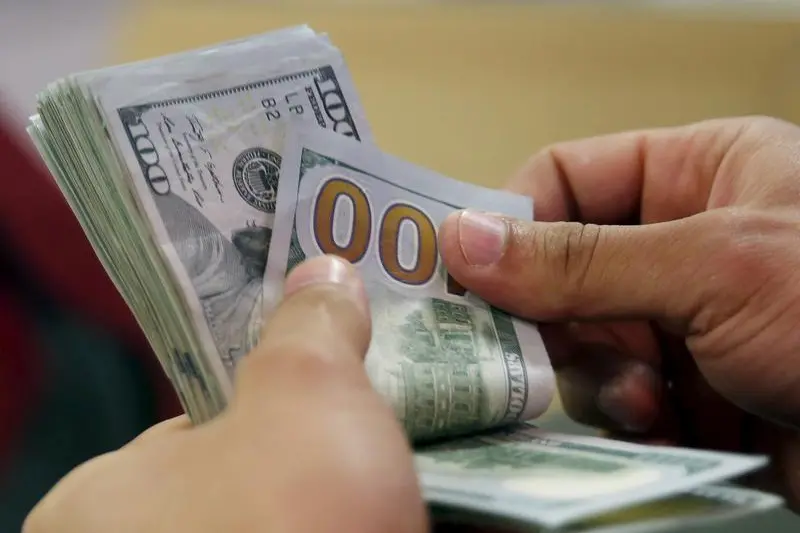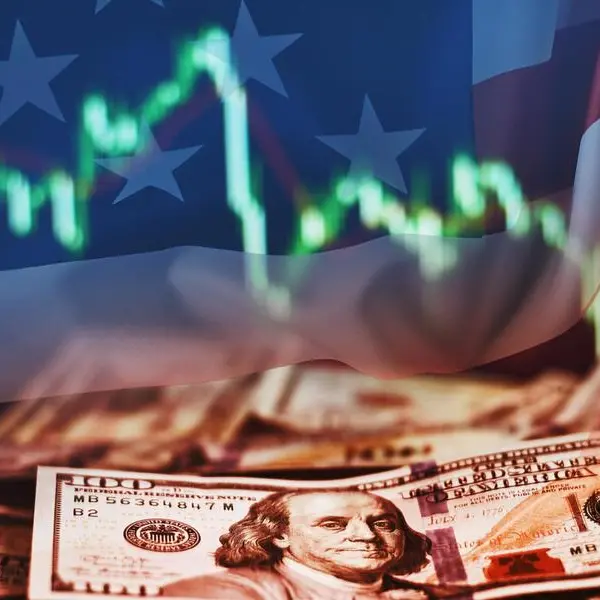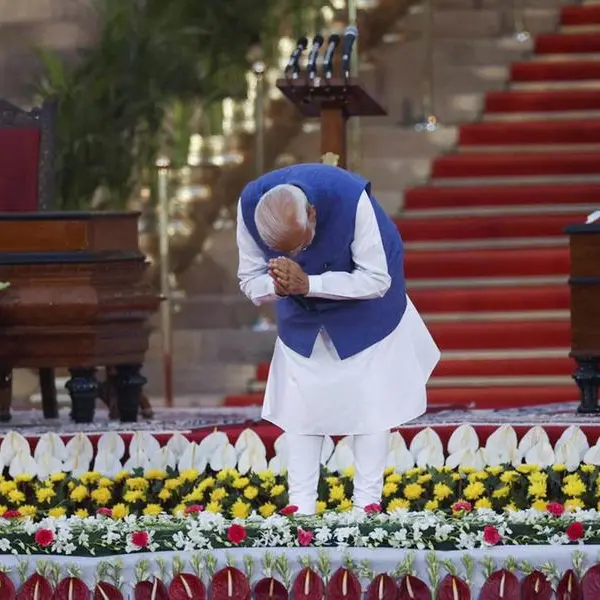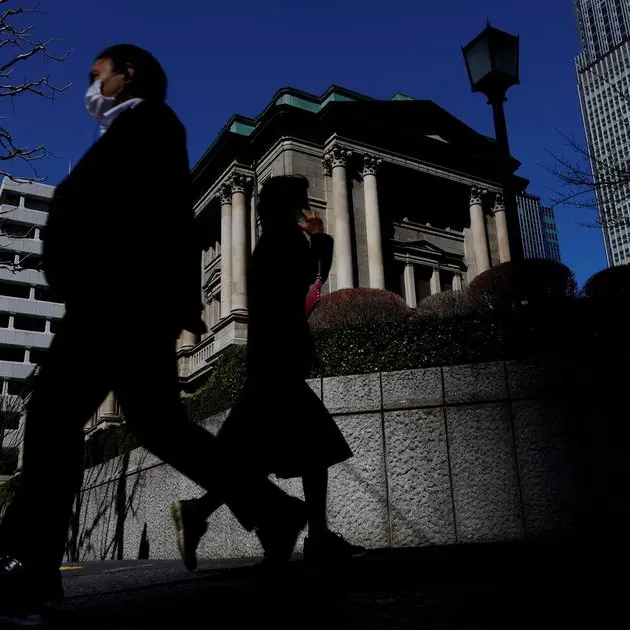PHOTO
CAIRO - Businesses and consumers in Egypt needing to settle payments in foreign currency are resorting to increasingly convoluted workarounds as banks increase restrictions on the usage of scarce dollars.
Earlier this month, a number of Egyptian banks further tightened credit card limits on foreign exchange transactions executed locally and abroad, with some limits set as low as $50 per month.
The restrictions have paralysed some businesses and complicated life for citizens seeking to make payments for everything from education to honeymoons.
Heba Abol Eid, founder and owner of The Mommy Club Co, an online support platform for mothers, said the credit card limits have impacted the company's marketing, which depends on subscriptions paid in dollars to companies such as Google.
Despite using credit cards from her mother and husband, she had to reduce the number of authorised Workspace users to 10 from 25, slowing workflow.
Ahmed Ismail, a media buyer at a small digital marketing agency, said his company uses credit cards belonging to family and friends to pay for digital ads. It keeps track of when the cards were last used on an Excel spreadsheet, but with the new limits they haven't been able to keep up payments.
"We might start buying credit card limits now. It's becoming very difficult," said Ismail, adding that credit limits were being traded on Facebook groups for EGP 2,100 ($68.07).
One tactic some Egyptians have been using is to either open a bank account abroad or rely on friends and family who live abroad. They can also use a foreign currency account in an Egyptian bank, but would have to buy the currency on the black market.
BLACK MARKET RATES SOAR
The black market rate to buy dollars has been volatile, jumping as high as 65 Egyptian pounds, compared to an official rate of 30.85.
Recently married Merna Omar and her husband paid for their honeymoon in the Maldives via a relative in Dubai. Sama, a master's student in Germany, paid her rent through a friend of her father.
In both cases, they paid back the cost with foreign currency bought on the black market.
Egypt has been grappling with a long-running shortage of dollars. Its main sources of foreign currency - natural gas exports, tourism, remittances and Suez Canal dues - have all recently come under pressure.
Restrictions on access to dollars have hampered imports of goods and raw materials over the past two years, as Egypt has delayed moves towards a more flexible exchange rate.
This month, Kuwait's AlShaya Group said it was scaling back operations in Egypt, where it holds franchises for Western brands such as Starbucks and H&M, because of the economic situation and difficulties for overseas businesses trading in the country.
Engy Ahmed, a 25-year-old salesperson at one of AlShaya's franchise stores, said staff were informed it would be closing on Feb. 15 and were asked to sign resignations later that day.
"It's because of the dollar problem but we feel that we're being wronged," Ahmed said. "I'm not sure what I'll be doing next."
($1 = 30.85 Egyptian pounds) (Reporting by Sarah El Safty; Additional reporting by Aidan Lewis; Editing by Christina Fincher)
Reuters





















